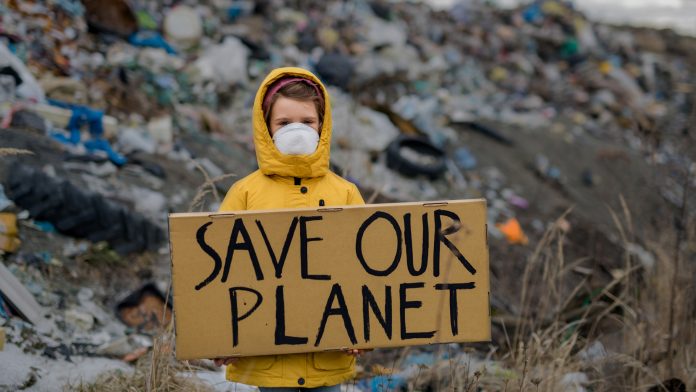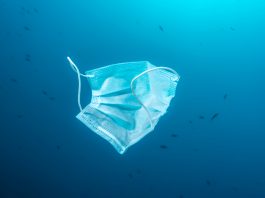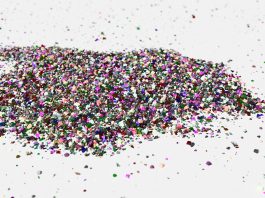A research team has developed an innovative method to combat plastic pollution, utilising E. coli bacteria to transform it into vanillin.
The University of Edinborough scientists novel strategy can potentially mitigate plastic pollution and elevate the circular economy – which aims to eliminate waste, positively affect synthetic biology, and keep products and materials in use. They have achieved this goal by employing the common bacteria E. coli to convert post-consumer plastic into vanillin, the vanilla bean extracted component which a plethora of food products use to provide the taste and smell of vanilla.
Plastic pollution is becoming increasingly severe year upon year, with the requirement for new methods to recycle polyethene terephthalate (PET) – a plastic obtained from non-renewable materials such as oil and gas used widely in food packaging, becoming more and more desperate.
Annually, around 50 million tonnes of PET waste is produced globally, drastically exacerbating environmental and economic issues, with current recycling solutions further contributing to plastic pollution worldwide. Now, a team of scientist have discovered a way to change terephthalic acid – a molecule derived from PET – into vanillin via chemical reactions to combat this issue.
The researchers have proclaimed that the resulting vanillin is safe for human consumption, and as it is commonly used in cosmetics, antifoaming agents, herbicides, and cleaning products, its applications and benefits could be vast, with the planet using 37,000 tonnes of vanillin in 2018.
Joanna Sadler, the first author and BBSRC Discovery Fellow from the School of Biological Sciences, University of Edinburgh, said: “This is the first example of using a biological system to upcycle plastic waste into a valuable industrial chemical and this has very exciting implications for the circular economy.
“The results from our research have major implications for the field of plastic sustainability and demonstrate the power of synthetic biology to address real-world challenges.”
Dr Stephen Wallace, the Principle Investigator of the study and a UKRI Future Leaders Fellow from the University of Edinburgh, commented: “Our work challenges the perception of plastic being a problematic waste and instead demonstrates its use as a new carbon resource from which high-value products can be obtained.”
Dr Ellis Crawford, Publishing Editor at the Royal Society of Chemistry, said: “This is a really interesting use of microbial science at the molecular level to improve sustainability and work towards a circular economy. Using microbes to turn waste plastics, which are harmful to the environment, into an important commodity and platform molecule with broad applications in cosmetics and food is a beautiful demonstration of green chemistry.”









